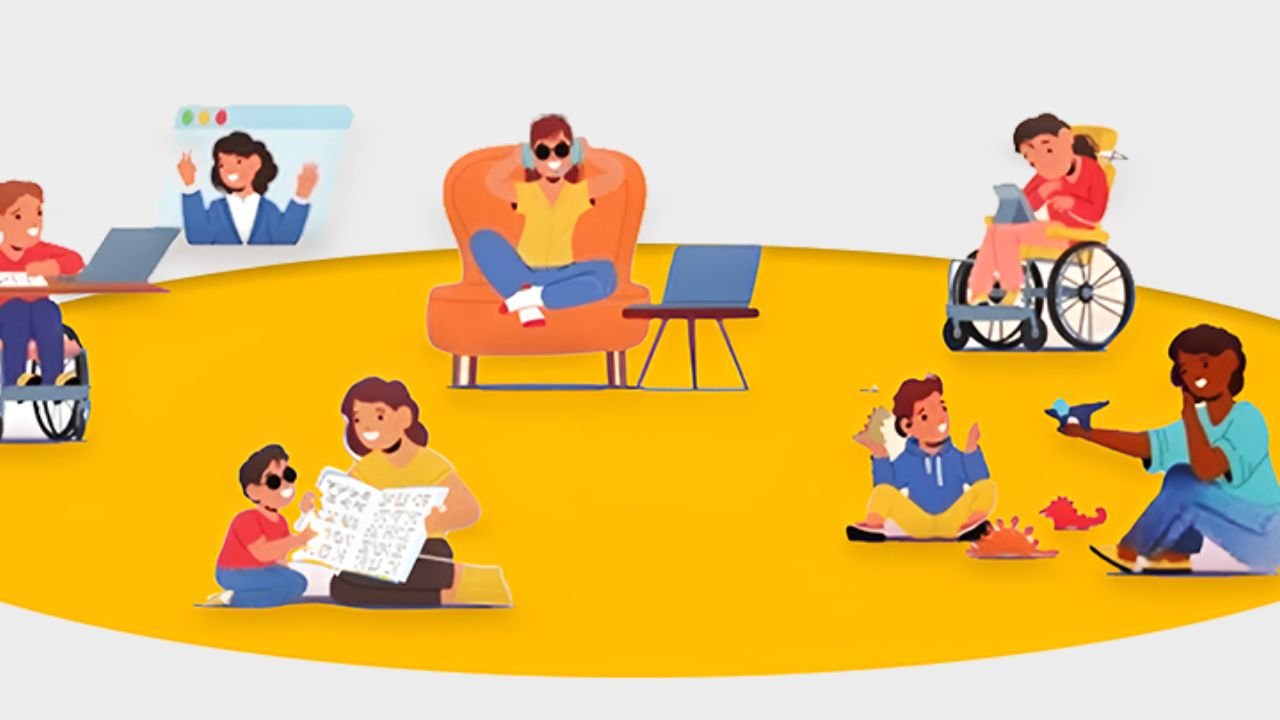Creating effective programs for people with intellectual disabilities is essential to fostering growth, independence, and inclusion. Such programs, like those offered by Gateway Counseling Center, focus on addressing diverse needs while empowering individuals and their families. By embracing a tailored and compassionate approach, these programs significantly enhance the quality of life for participants.
Understanding the Needs of Individuals with Intellectual Disabilities
Intellectual disabilities encompass a wide range of conditions, each requiring unique support strategies. The needs of individuals can vary based on their abilities, challenges, and life circumstances.
- Diversity of Needs: Some individuals require assistance with basic life skills, while others may thrive with vocational training or educational opportunities. Recognizing this diversity is vital for creating impactful programs for adults with intellectual disabilities.
- Individualized Approaches: Programs that prioritize personalized plans ensure better outcomes by focusing on each person’s strengths, preferences, and goals. Individualized care encourages participants to reach their full potential while maintaining their dignity.
- The Role of Family and Community: Families and local communities play an integral role in providing emotional and social support. Effective programs collaborate with families to create a nurturing environment that fosters growth and inclusion.
Key Features of Effective Programs
1. Person-Centered Approach
Tailoring programs to each participant’s unique needs is the foundation of effective support.
- Programs align with individual goals, abilities, and preferences.
- For example, person-centered planning may involve vocational training for one participant while focusing on social engagement for another.
2. Accessibility
Programs must eliminate barriers to participation.
- Physical Accessibility: Facilities should be designed to accommodate individuals with mobility challenges.
- Logistical Accessibility: Flexible scheduling, transportation assistance, and clear communication ensure everyone has equal opportunities.
3. Qualified and Compassionate Staff
The success of any program depends on its staff.
- Staff must undergo specialized training and continuous professional development to stay updated on best practices.
- Building trusting relationships with participants fosters a sense of safety and encouragement.
4. Social Integration
Encouraging community engagement and participation promotes inclusion.
- Programs that emphasize group activities for adults with intellectual disabilities help individuals form friendships, build confidence, and feel connected to their communities.
- Social integration reduces isolation and encourages a supportive network for participants.
5. Skill Development
Empowering individuals through skill-building leads to greater independence.
- Programs focus on essential life skills, such as cooking, budgeting, and personal hygiene.
- Vocational training and educational initiatives prepare participants for employment opportunities, boosting their confidence and self-reliance.
6. Support for Families
Recognizing the challenges faced by caregivers, effective programs also support families.
- Family education initiatives provide resources and strategies for care.
- Respite care allows families to take breaks, reducing caregiver stress and burnout.
7. Monitoring and Evaluation
To ensure continuous improvement, programs regularly assess their effectiveness.
- Participant progress is measured through defined goals and milestones.
- Feedback from participants and families is used to refine and improve services.
8. Use of Technology
Assistive technology plays a vital role in enhancing program outcomes.
- Tools like communication devices, educational software, and sensory aids improve learning and interaction.
- Innovative solutions, such as virtual reality, are being incorporated into programs to teach life skills in engaging ways.
The Role of Community and Collaboration
Strong programs rely on partnerships with schools, businesses, and nonprofits.
- Community Engagement: Schools and local organizations help create inclusive opportunities for individuals with disabilities.
- Advocacy and Awareness: Public campaigns and events raise awareness about the importance of inclusion and support services.
- Collaborative efforts ensure a more holistic approach, benefiting participants and fostering a more inclusive society.
Final Thoughts
Programs for adults with intellectual disabilities are most effective when they are holistic, inclusive, and adaptable. By addressing individual needs, empowering families, and fostering community partnerships, these programs create a supportive environment where individuals can thrive. Organizations like Gateway Counseling Center exemplify this mission, offering essential resources and services to support families and their loved ones. Through innovation, compassion, and collaboration, these programs pave the way for a more inclusive and empowered future.



